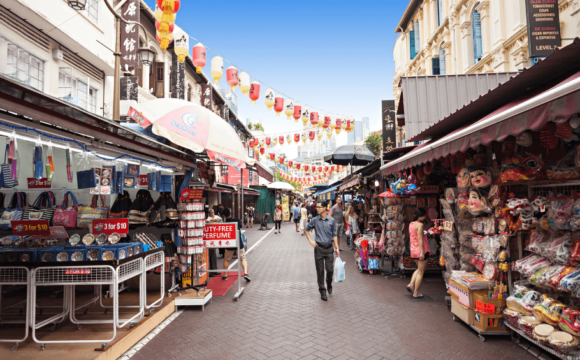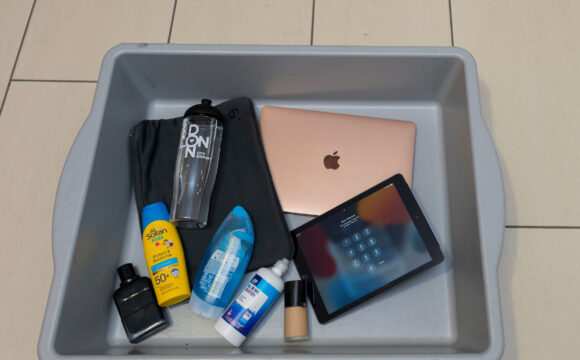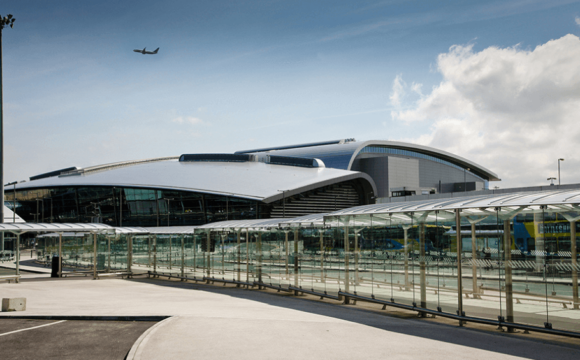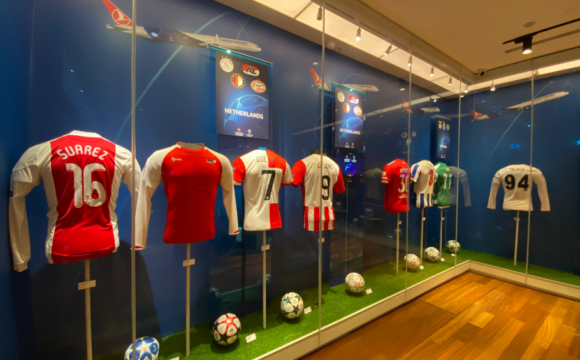Foreign exchange businesses have seen their traffic falling in recent years, and this trend is set to accentuate as more and more countries turn away from hard cash transactions.
A number of the world’s top tourist destinations expect to go completely cash-less or ‘plastic’ in the next couple of years with Canada and Sweden leading the way. And London too is high up on the list of tourist cities where the use of credit and debit cards is being given more and more preference as opposed to hard cash.
Even the UK is looking to a future without cash, with the capital London seeing the highest proportion of card transactions, while Birmingham and Bristol came next followed by Brighton and Manchester. Eighty per cent of British people questioned said transactions, including contactless, were their favourite form of payment, although 46 per cent admitted they were worried about the security of card transactions.
Ironically, the country which gave us ABBA and the hit song, ‘Money Money Money’ is well on the road to having no money at all in circulation in five years time. Even the ABBA Museum in the Swedish capital Stockholm, doesn’t accept cash!
Stockholm is one of a number of cities in a worldwide survey which are considered the “most digitally mature”, that is those with a prevalence of mobile payments, online banking access, ATMs, the ability to receive government benefits digitally and plenty of shoppers using debit and credit cards. Others include Sydney, Ottawa, Copenhagen, Toronto, Helsinki and London.
Sweden, Norway and Finland top the list for card use – all three countries are well known for their proclivity for debit and credit cards. Sweden is well on its way to being a cashless society, with “no cash accepted” signs becoming a common occurrence in Swedish stores. Holidaymakers should be aware of this when travelling and not get caught out with plenty of krona but no card to spend it on.
Greece and Croatia are incredibly popular tourism spots – Croatia’s visitors have increased by at least 10% each year for the past few years.
However, holidaymakers should be conscious of how they are paying while abroad.
It’s a head-scratching moment for all British holidaymakers – a waiter or shop assistant hands you a payment terminal with the bill… one button lets you pay in GBP, another selects the local currency.
DCC (Dynamic Currency Conversion) is a service provided by banks, shops, restaurants and hotels all over the world. It allows them to offer foreign visitors the chance to settle a bill in their own currency as well as the merchant’s local one.
The advantage for the consumer is twofold. It lets you see a transaction value in pounds and pence rather than having to convert a local currency amount in your head.
It also shows the ‘true’ cost: the number you see on the terminal is the same you’ll see on your bank account or credit card statement.
Unfortunately, this piece of mind comes at a cost. DCC allows local businesses to use their own currency rate to exchange your pounds. This is almost always worse than the one you’d be charged had you chosen to pay in local currency.
How much worse? Several studies have pointed to markups of 5-10% but there are examples of some merchants charging as much as 30% on top of the standard rate!
Some travellers pay in pounds because they think they’ll avoid the fees charged by their bank and credit companies for using their cards abroad.
Unfortunately, these charges are for foreign purchases, not currency exchanges so they’re actually only adding to the cost of the transaction. In fact, the card fee will be even higher than expected because the DCC increases the purchase value in sterling.
While it’s tempting to see your transaction in pounds, you should always choose to pay in the local currency.
















